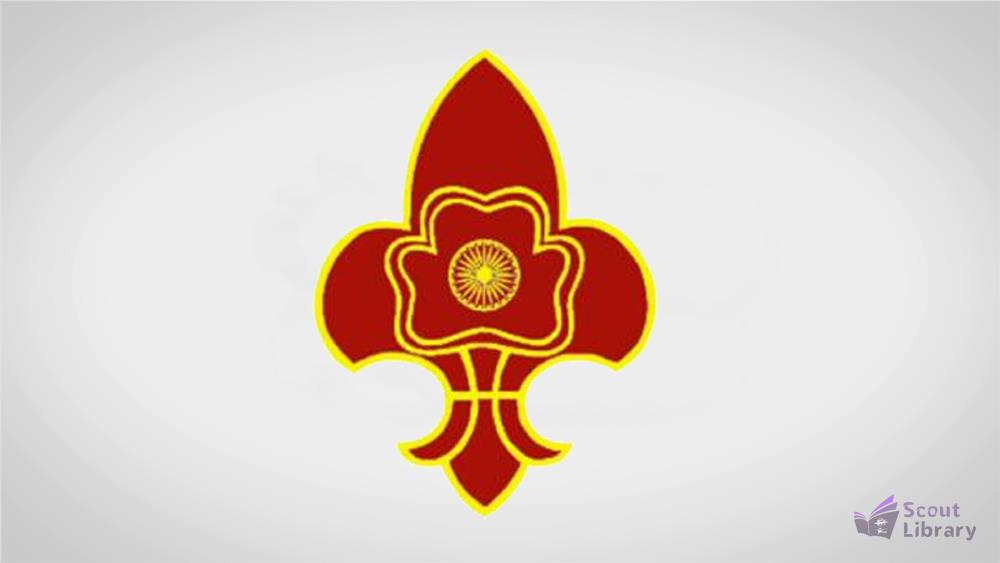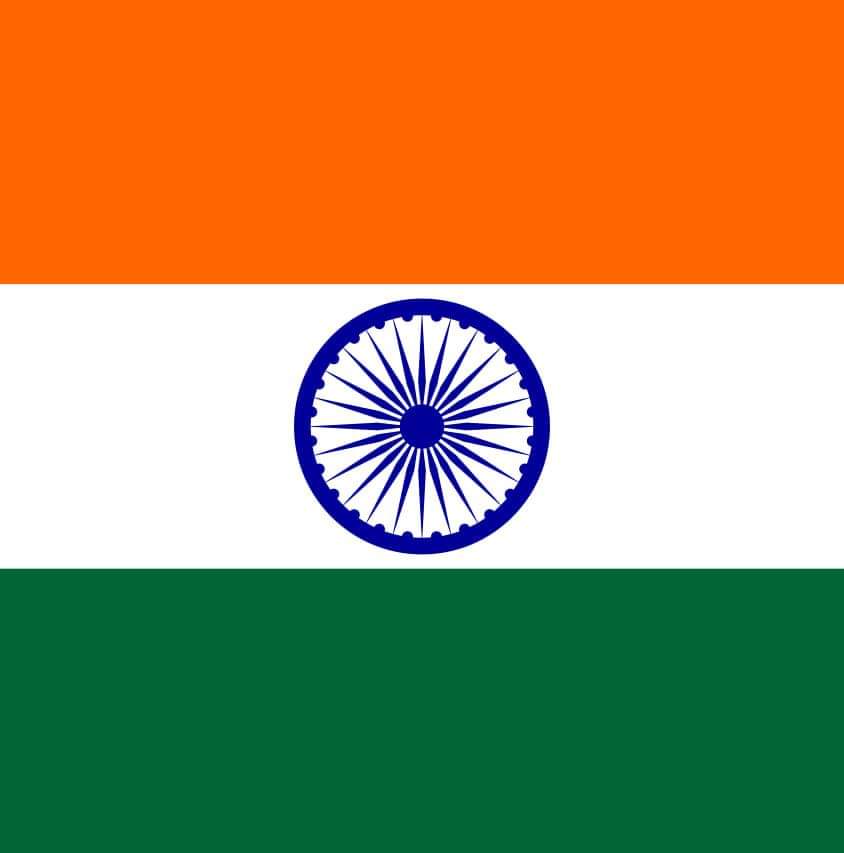Rover Scouting History
Rover Scouts, Rovers, Rover Scouting or Rovering is a service program associated with Scouting for young men, and in many countries, women into their early 20s. A group of Rovers is called a ‘Rover Crew’.
The Rover program was originated by The Boy Scouts Association in the United Kingdom in 1918 to provide a program for young men who had grown up beyond the age range of the Boy Scouts. It was quickly adopted by many other national Scouting organizations.
Many Scouting organisations, including The Scout Association, no longer include a Rover program. Some have replaced it with other programs while others, including Traditional Scouting organizations maintain the original program.
ORIGIN OF ROVER SCOUTING
The Rover program had its origins in two different schemes. The first, aimed at Boy Scouts in the United Kingdom who were aged between 15 and 18 years old, was called “Senior Scouts” which was launched in March 1917 during World War I. It quickly became apparent that there weren’t enough adult male leaders available in wartime, and it was several decades before the Senior Scout program was established. The second scheme was the series of ‘Battlefield Scout Huts’ provided for the recreation of British and Empire soldiers in rear areas of the Western Front. Related to these was the St George’s Scout Club for servicemen, which operated in the English garrison town of Colchester under the leadership of “Uncle” H. Geoffrey Elwes. From these projects, it became apparent that there was a need for a Scouting-related program that catered for young men, many of whom would shortly be returning from the war.
The first mention of the term “Rover Scouts” was by Sir Robert Baden-Powell in the The Boy Scouts Headquarters Gazette in August 1918, and the scheme was fully established by November 1919. Baden-Powell set about writing a handbook for the new scheme, which was published in 1922 as Rovering to Success. It contained Baden-Powell’s philosophy for a happy adult life as well as ideas for activities that Rover Scouts could organise for themselves. It remained in print in various editions in English until 1964 and was translated into many other languages.
Principles in ROVERING
Rovering provides enjoyable activities that combine personal development with meaningful service.A Rover Crew governs itself, but often has an older adult as a “Crew Advisor” or “Rover Scout Leader”. Baden-Powell called it a “brotherhood of open air and service”.
The objectives of Rovering are to:
Provide service to the Scout MovementProvide service to the communityDevelop as individuals by expanding one’s range of skillsEnjoy fellowship, social, outdoor, and cultural activities
Rovering provides an experience that leads to a life enriched in the following ways:
Character and IntelligenceHandicraft and SkillHealth and StrengthService for OthersCitizenship
Each of these elements, from character through service, finds expression in the Crew’s activities.
From the inception of Rover Scouts in 1918, Baden-Powell intended Rovering to have no upper age limit; however, after his death in 1941, the typical age shifted to 18–25. Traditional Scouting organisations such as Order of World Scouts, World Federation of Independent Scouts (WFIS), Confédération Européenne de Scoutisme (CES), Baden-Powell Scouts (BPSA), Pathfinder Scouts Association (PSA), and the Rover Scouts Association (RSA) continue to honour the founder’s intent by having no upper age limit.
“Rover Scouting is a preparation for life, and also a pursuit for life.”—Baden-Powell, 1928.
International Gathering for ROVERS
While the Scout section has the World Scout Jamboree, Rovers have World Rover Moots. The first occurred in Kandersteg, Switzerland in 1931.
1st World Rover Moot 1931: Kandersteg, Switzerland2nd World Rover Moot 1935: Ingarö, Sweden3rd World Rover Moot 1939: Monzie, Scotland4th World Rover Moot 1949: Skjak, Norway5th World Rover Moot 1953: Kandersteg, Switzerland6th World Rover Moot 1957: Sutton Coldfield, UK7th World Rover Moot December 1961-January 1962: Melbourne, Australia
After the 7th World Rover Moot, these events were dropped from the international Scouting calendar for thirty years. The reasons can only be speculated on. Instead, the World Scout Bureau designated every fourth year a “World Moot Year” and countries were encouraged to hold their own events, as well as welcome international attendees. World Moot Years ended in 1982.
During the early 1980s, informal discussion developed among Rovers from a number of countries, notably Canada, Australia and New Zealand, of a push for World Moots to be reintroduced. Australian Rovers took the lead and made representations through The Scout Association of Australia. This was successful and in 1985, the World Scout Conference held in Munich, Germany resolved to re-establish the events. At the World Scout Conference in Melbourne, Australia in 1988, bid presentations to host the 8th World Moot were made by Australia and Switzerland. The Conference granted the event to Australia, then the 9th World Moot to Switzerland to be held 18 months later. In 1993, it was decided World Moots would continue, to be held every four years.
From the 8th World Moot, held in 1990 in Melbourne, Australia, the event was renamed World Scout Moot because the term Rover is not used in all countries.
8th World Scout Moot December 1990-January 1991: Melbourne, Australia9th World Scout Moot July 1992: Kandersteg, Switzerland10th World Scout Moot July 1996: Ransäter, Sweden11th World Scout Moot July 2000: Mexico City, Mexico12th World Scout Moot July–August 2004: Hualien, Taiwan13th World Scout Moot July 2010: Nairobi, Kenya (the 6-year gap was due to Mozambique withdrawing from hosting the event in 2008)14th World Scout Moot August 2013: Ottawa, Canada
Future World Moots:
15th World Scout Moot 2017: Reykjavík, Iceland16th World Scout Moot 2021: Ireland
International Scout events in Europe aimed at the older age section usually keep the Rovername. There was a European Rover Moot in 1965 at Tiveden in Sweden. There is currently a series of events called RoverWay. This first occurred in 2003 in Portugal, followed by 2006 in Italy and Iceland 2009, the next is scheduled for 2012 in Finland.
The CES (Confédération Européenne de Scoutisme) holds an annual International Rover Moot.
June 2007: Het Naaldenveld in Bentveld. NetherlandsJune 2008: Mettmann GermanyJune 2009: Hesley Wood UK.





